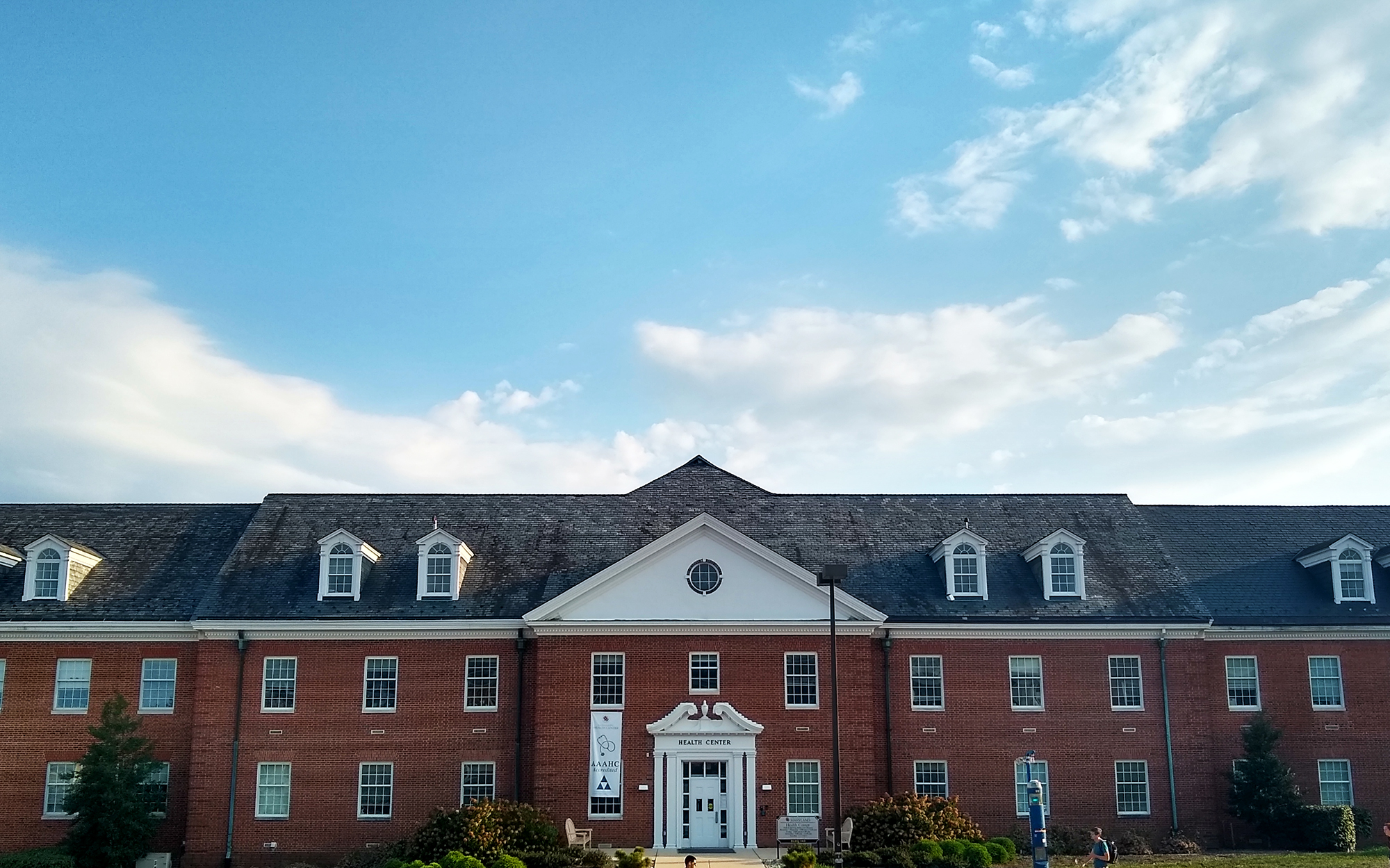By Clara Longo de Freitas and Carmen Molina Acosta
Staff writers
With five confirmed cases of COVID-19 in Maryland and the state in an official state of emergency, preparations by the University System of Maryland are underway to address its spread.
In a statement issued Friday, the university system chancellor, Jay Perman, advised the system’s 12 institutions to “inventory and test” their capacities to have employees work from home and move classes online. He also asked institutions to reduce gatherings of a “substantial number of people” — sports events, ceremonies, concerts and large seminar classes, for example.
“I am not issuing a mandate, but I am advising that we be smart, and apply our best judgment to a situation that is changing hourly,” he wrote.
[Read more: Two more coronavirus cases confirmed in Maryland, bringing state total to five]
Perman wrote that the system will soon share protocol surrounding student health needs, online learning and travel. System leaders are also “redoubling efforts to sanitize campuses,” Perman added.
As of Sunday afternoon, Johns Hopkins University was tracking more than 500 coronavirus cases in the U.S. and had reported 21 deaths. Worldwide, the World Health Organization reported over 100,000 cases of the disease and over 3,500 deaths.
And on Friday, the University of Washington — located in Seattle, the center of the country’s worst outbreak — became the first large U.S. institution to move classes online for the more than 50,000 students on its three campuses. Stanford University announced a similar change on Friday.
That’s been an option the University of Maryland has discussed for weeks, said Patty Perillo, the student affairs vice president. She said the university would consider moving classes online if a case of the virus were confirmed nearby or on campus, or if students and staff began reporting high absence levels due to illness.
“Our health is most important,” said Perillo, who also chairs the Campus Infectious Disease Management Committee. “But we also don’t want students to lose their semesters.”
If classes are moved online, Perillo emphasized that the campus wouldn’t shut down entirely. Administrators are aware that not everyone can go home, especially international students, she said.
In an email to faculty members Friday, Provost Mary Ann Rankin announced that she and the university’s deans would be meeting with the Division of Information Technology and the Teaching and Learning Transformation Center on Monday to put firmer plans in place for possibly moving classes online.
“Please know that we will make decisions that put the health and safety of our community first,” she wrote.
[Read more: Suspended study abroad programs leave UMD students in limbo amid coronavirus outbreak]
Already, the university has suspended its spring study abroad programs in Italy, South Korea and China and canceled all study abroad programs scheduled for spring and summer break. The University Health Center also sent out a campuswide email on Saturday, offering advice to students on steps they can take to keep themselves healthy.
Among other things, the health center advised students to disinfect the Testudo statues before and after rubbing them for luck, avoid handshakes, use hand sanitizer frequently and stock up on home supplies, medicine and drinks in case of illness.
The email also instructed anyone with an underlying health condition, suppressed immune system or concerns about the coronavirus to consult with their healthcare providers. Furthermore, the university continues to scale up efforts to disinfect “high-touch surfaces” across campus in residence halls, university buildings, Greek life housing and Shuttle-UM buses, according to the email.
Boris Lushniak, dean of the public health school, has been working with the administration to prepare in case of a local coronavirus outbreak. Moving forward, he said, more university closures are likely to happen across the country as the virus spreads.
In the meantime, he advised students and staff to follow recommendations provided by the CDC. They should keep their distance from large crowds and stay home if they’re sick.
“Don’t just worry, be wary,” he said.



